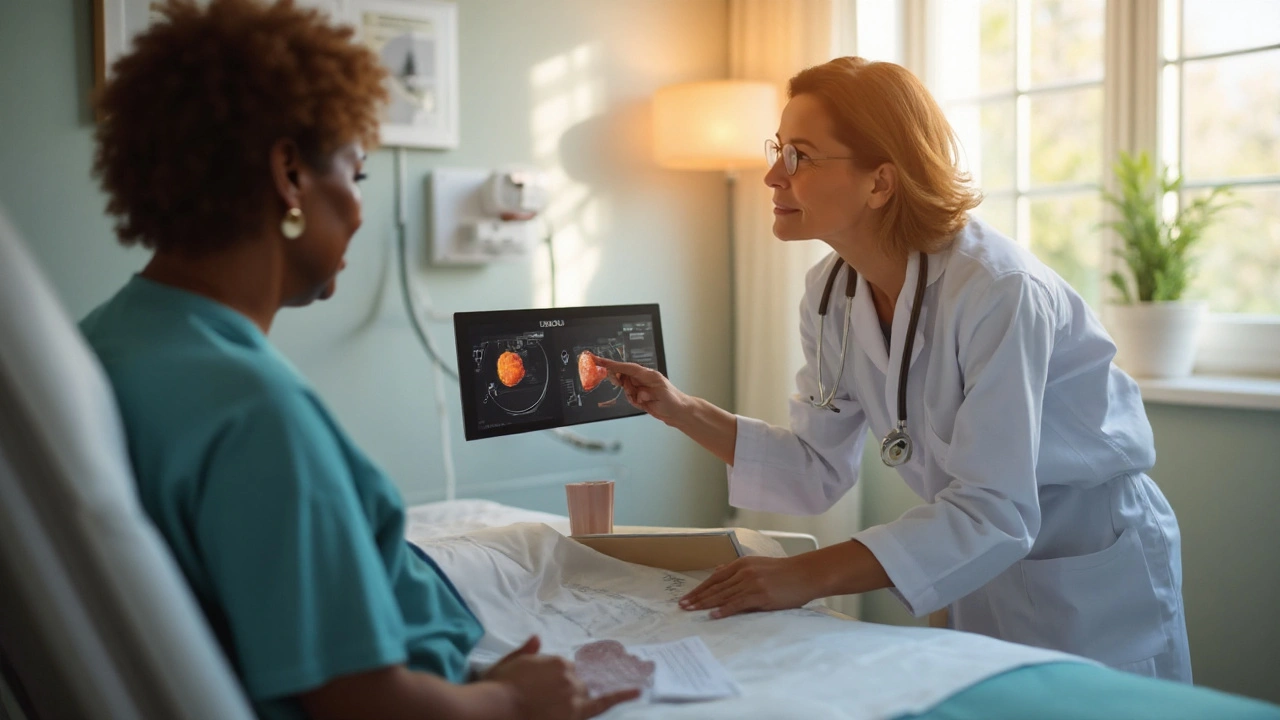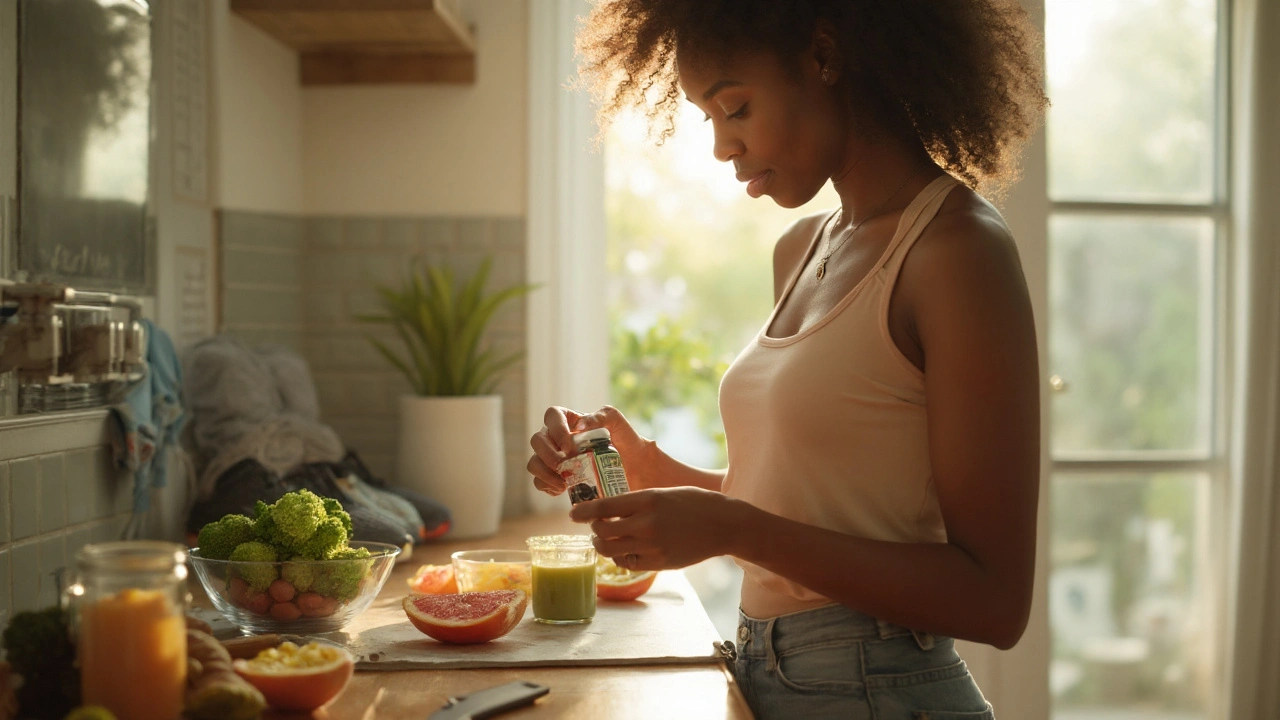Liver Health: Simple Tips, Supplements & Medication Guide
Your liver does the heavy lifting for your body—filtering waste, storing energy, and making proteins. When it’s in good shape, you feel better, have more energy, and avoid serious health issues. Below are easy steps you can take right now to keep that organ running smoothly.
How to Support Your Liver Naturally
First, watch what you drink. Water helps the liver flush toxins, so aim for at least eight glasses a day. Cutting back on sugary sodas and limiting alcohol can dramatically lower liver strain. If you do drink, keep it to one drink a day for women and two for men.
Next, fill your plate with liver‑friendly foods. Leafy greens like spinach and kale supply antioxidants that protect liver cells. Beans, lentils, and whole grains give fiber that reduces fat buildup. A cup of coffee a day—yes, coffee—has been shown to lower the risk of liver disease because it boosts liver enzymes that clear harmful substances.
Don’t forget about healthy fats. Avocado, olive oil, and nuts provide monounsaturated fats that help keep liver inflammation at bay. A handful of walnuts or a slice of avocado with breakfast can make a big difference.
Movement matters too. Even a 30‑minute walk three times a week improves blood flow to the liver and helps maintain a healthy weight. Excess weight, especially around the belly, is a leading cause of fatty liver disease.
Medications and Supplements that Affect Liver Health
Many everyday medicines can put pressure on your liver. Over‑the‑counter pain relievers like acetaminophen (Tylenol) are safe at low doses, but high or frequent use can cause liver damage. Always follow the label and avoid mixing it with alcohol.
Prescription drugs such as statins (used for cholesterol) and certain antibiotics also pass through the liver. Your doctor may order blood tests to monitor liver function while you’re on these meds. Never skip those labs—they catch problems early.
Supplements are popular, but they’re not risk‑free. Milk thistle is often marketed for liver support; research shows it may help with mild liver inflammation, but it isn’t a cure‑all. If you choose to use it, buy from a reputable brand and tell your doctor, especially if you’re on prescription meds.
Guava and avocado supplements have gained attention for their antioxidant content. They can be a good addition to a balanced diet, but they shouldn’t replace whole foods. Look for products that list the exact amount of active ingredient and avoid “proprietary blends” that hide dosages.
Lastly, keep an eye on herbal products like kava, black cohosh, or certain weight‑loss teas. Some contain compounds that can harm liver cells. If you’re unsure, ask a pharmacist or search the product on reliable sites before you start.
**Quick Liver‑Care Checklist**
- Drink plenty of water; limit sugary drinks and alcohol.
- Eat leafy greens, beans, whole grains, coffee, and healthy fats daily.
- Stay active with at least 150 minutes of moderate exercise each week.
- Use acetaminophen only as directed; avoid high doses.
- Tell your doctor about any supplements or herbs you take.
- Get regular liver‑function tests if you’re on long‑term meds.
Following these straightforward steps can protect your liver and keep you feeling your best. Remember, the liver heals itself when you give it the right tools—hydration, good food, safe meds, and a little movement. Take charge of your liver health today.
Why Routine Medical Checkups Are Crucial for Chronic Hepatitis C Patients
Learn why regular health assessments are essential for people living with chronic hepatitis C, how they prevent complications, and what tests to expect.
- 20
- Read More
Calcium D‑Glucarate Benefits, Detox Support, Dosage & Safety (2025 Guide)
Curious about Calcium D‑Glucarate? Get the real benefits, safe dosage, who it helps, and what to expect-backed by current science and simple, practical steps.
- 11
- Read More

